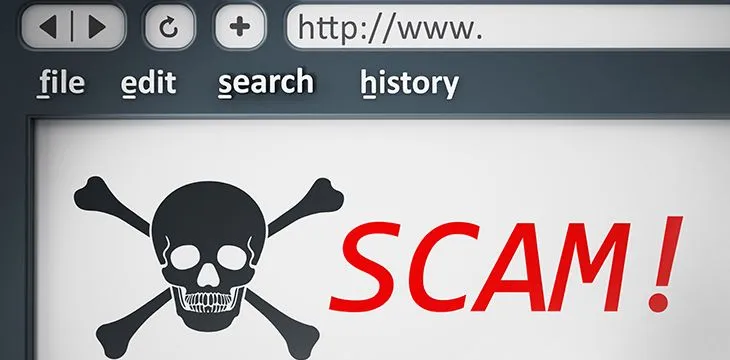|
Getting your Trinity Audio player ready...
|
With 2019 coming to a close, it is a good time to look back on improvements and concerns that exist related to the cryptocurrencies markets, successes that have been made to stop this kind of activity, and which sites and firms pose potential risks for the remainder of this year. That latter part is what the Belgian Financial Services Markets Authority (FSMA) provided last week with their updated list of likely cryptocurrency scams.
The list of potential scams was provided on their site and contained 131 sites that had identified as likely frauds and scams. This list included companies who had received consumer complaints.
By definition, the FSMA listed sites that appeared to be used solely to swindle consumers. While not outright accusing these companies of wrongdoing, they made it clear that there is a reason to be concerned, hence why they provided the warning.
This list came from companies that are listed by the FSMA as “suspicious.” They have advised those who wish to make an investment in the crypto-assets market to avoid these sites.
“The principle remains the same: they offer you an investment they claim is secure, easy and very lucrative. They try to inspire confidence by assuring you that you don’t need to be an expert in cryptocurrencies in order to invest in them,” the FSMA explained in the statement.
The FSMA is among the government agencies that maintais a list of companies and websites that have been deemed as suspicious or likely to be a scam. They first began this list in February 2018.
Most often, firms are added to this list when it is discovered that they have made solicitations to consumers providing “investment opportunities,” but they are operating in the company illegally. In fact, this is one of the primary ways that consumers should be able to tell if an offer is a potential scam. If the company is not licensed to operate in that country or region, they are likely a scam, according to the FSMA.
“The actors that are the subject of this warning do not comply with the relevant rules. Moreover, consumers who have invested in these firms never recovered their investment. Therefore, such activities most likely constitute a case of investment fraud,” the agency explained on their site.
Those interested in investing with firms that have sent them an email are encouraged to check to see if the company is listed as a potential scam before opting to utilize their services.

 07-12-2025
07-12-2025 





